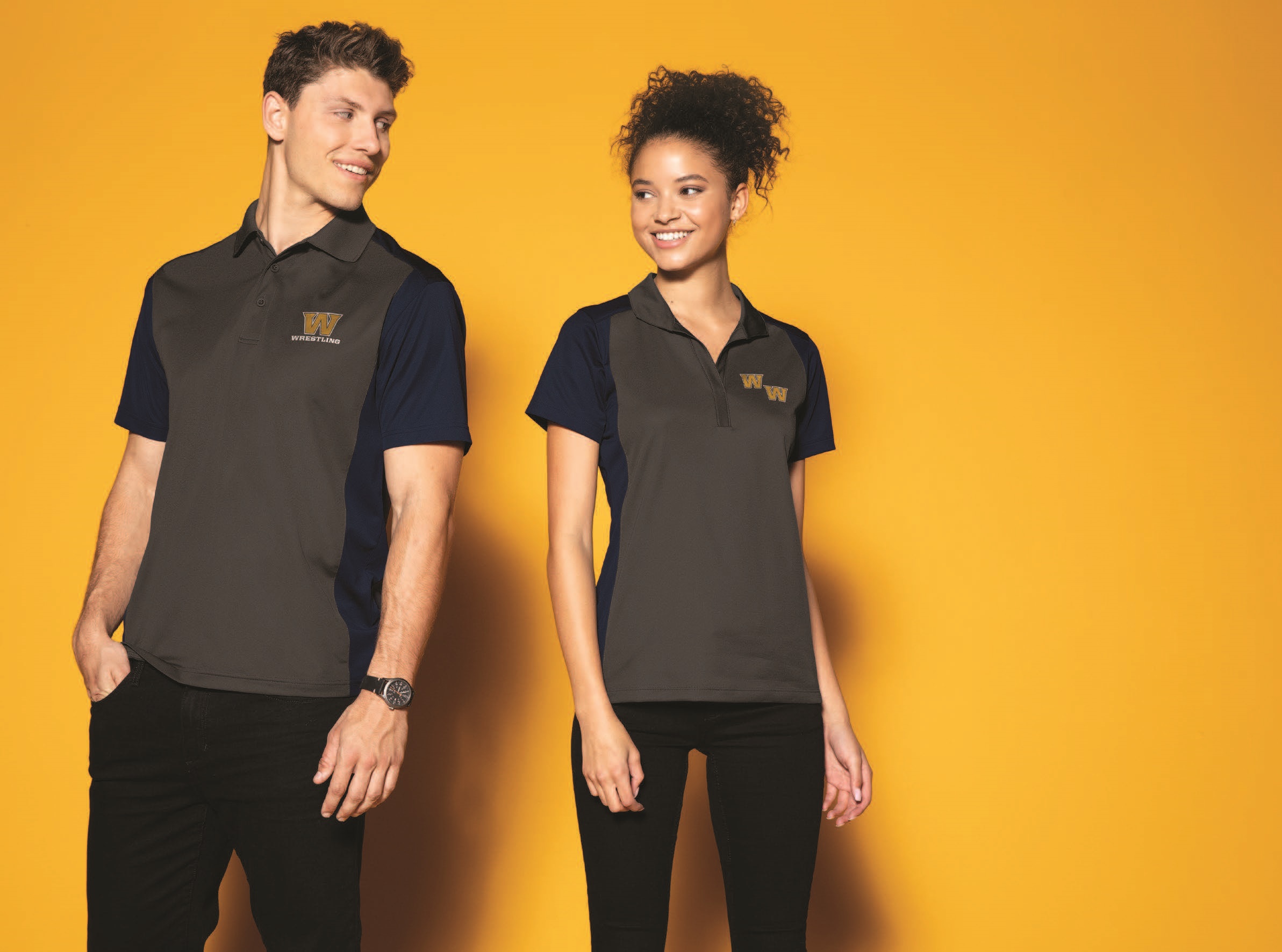AI technology is becoming more prevalent in the promotional product and apparel world, as AI-generated art and text becomes common. But, Levi’s is taking things a step further into a sort of uncanny direction by “supplementing” human models with AI-generated models to showcase apparel online.
Levi’s announced the program, which is a partnership with Dutch studio LaLaland.ai, last week. The goal is to create a way for people to see articles of clothing on various body types, rather than just the one model wearing the pair of jeans or T-shirt. The hope is that it would create a more body-inclusive and diverse representation of “people” wearing Levi’s apparel, and therefore help more people make buying decisions.
Levi’s also claims this move will be more “sustainable.”
So, we’re left with a few questions here, like will the AI-generated models accurately show how the clothing will fit? And, why is AI the first place Levi’s goes to when faced with the challenge of diversity and inclusion? For starters, since these are AI-generated people, no one is actually being included.
Feel like this has been the clearest illustration of how diversity doesn't equate to inclusion https://t.co/CmsNfgoxka
— Eric Hu (@_EricHu) March 27, 2023
“While AI will likely never fully replace human models for us, we are excited for the potential capabilities this may afford us for the consumer experience,” Levi Strauss & Co. global head of digital and emerging technology strategy Amy Gershkoff Bolles said in a company statement.
Things like augmented reality have been around for a while, and promotional products companies have used the technology to allow end-users to imagine what a product would look like in their home or even on their body. But fully generating people who don’t exist to model clothing is very, well, future-y.
“We see fashion and technology as both an art and a science, and we’re thrilled to be partnering with Lalaland.ai, a company with such high-quality technology that can help us continue on our journey for a more diverse and inclusive customer experience,” Gershkoff Bolles continued in the statement.
On paper, it’s a good idea. We’ve all had instances where we order something online and it doesn’t fit us as well as it did on the models. So, having a tool to see an article of clothing on someone who looks more like us is helpful. But, there are still questions remaining about its effectiveness. If it works, maybe we’ll see things like this more often.
Who knows? Maybe AI people will be the mannequins of the future.



